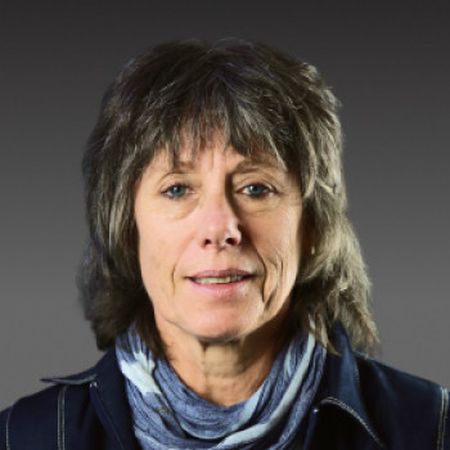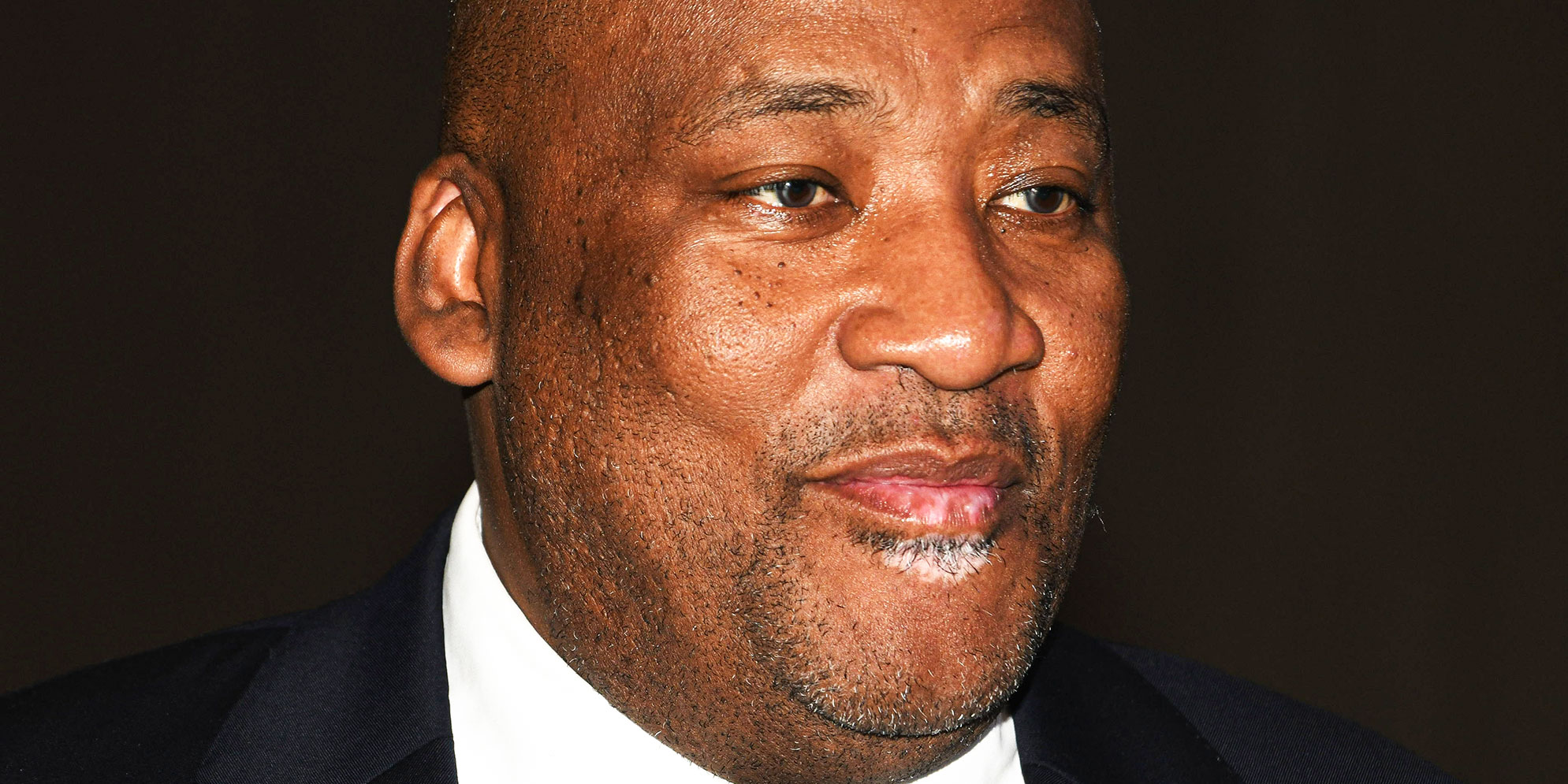In a media statement following revelations that Minister of Sport, Arts and Culture Gayton McKenzie had made promises to various cultural institutions and festivals, only to renege on them, Western Cape Member of the Executive Council for cultural affairs and sport Ricardo MacKenzie has lashed out.
On 5 September, MEC Mackenzie noted that it had been “made abundantly clear to the national minister during MinMEC (Ministers and Members of Executive Councils) engagements that these cuts will harm communities”.
It was, he added, “unconscionable that national government continues to punish the people of the Western Cape by withdrawing support from festivals that bring communities together and put food on the table for thousands of households”.
Empty promises
The MEC was responding to an approach to Minister McKenzie by Suidoosterfees CEO, Jana Hattingh – an annual festival the minister had publicly announced he would support, after no such funding had been forthcoming.
Read more: Gayton McKenzie causes chaos in cultural sector, reneging on promises of support
Speaking to Mia Spies at the Klein Karoo Nasionale Kunstefees (KKNK) this year, the arts and culture minister said he had met “the people of the Suidoosterfees,” adding that “we must have more festivals so that our artists can earn something”.
In July, Hattingh wrote to Gayton McKenzie’s office requesting “guidance”, stating that his department had put the iconic festival in a precarious position after the withdrawal of funding for two flagship projects. This followed the rejection of an application by the Suidoosterfees for support from the department’s controversial Mzansi Golden Economy initiative.
Leverage
MEC Mackenzie said that several organisations had approached the provincial government, “desperate to keep these events alive”. He promised that the department “will leverage the strong partnerships this government has built to support and sustain these important events”.
He said the Western Cape Government noted “with great concern that the National Department of [Sport, Arts and Culture] continues to withdraw critical funding for flagship cultural events in our province”.
While he recognised “the national minister’s rationale behind the establishment of new festivals, it is important to point out that in the Western Cape, we have already been investing in a pipeline of emerging and smaller festivals with the aim of growing them into flagship status over time. This means that the policy direction suggested nationally is already being pursued provincially”.
Despite these cuts, said the MEC, the Western Cape Government “remains committed to supporting established events such as the Cape Town International Jazz Festival, the Cape Town Carnival, the Suidoosterfees and the Open Book Festival, all of which have been directly affected by the withdrawal of national funding”.
Job drivers
These festivals had a proven record as well as being “powerful drivers of job creation, tourism and local economic growth”. He said that globally, “even the most popular cultural events require continued public funding alongside private sponsorship as the public good they deliver cannot be sustained on ticket sales alone”.
These events, he said, “give true meaning to social cohesion through culture and sport. Their contributions support local economies and promote sustainability beyond the events sector”.
The Western Cape Government would continue to “pursue a balanced approach of strengthening emerging festivals while ensuring that flagship events remain viable. In this way, we safeguard the province’s cultural heartbeat, which plays a vital role in both community wellbeing and economic growth.”
Troubled waters
Soon after national minister McKenzie’s appointment and a bosberaad with “stakeholders”, the Department of Sport, Arts and Culture set up 17 cultural and creative industry clusters to map out a growth and development plan for the industry.
Board members in the theatre cluster are Thandeka Magagula and Bafana Dladla (Mpumalanga); Ismail Mahomed (KZN, since resigned); Mpho Molepo (Gauteng); Palesa Makgato (Limpopo); Mandisi Sindo (Eastern Cape); Sello Ramolahloane (Gauteng); Cornelia Fasen (Western Cape); Mapula Setlhako (North West); and Professor Janine Lewis, temporary co-opted member (Gauteng).
Mahomed, announcing his resignation on 25 August, noted, “Over the past 11 months, the Board has met every single Monday to ensure a strong governance structure is put in place.
“During these 11 months, every single member committed their time voluntarily and no board fees were claimed by any member. This was a labour of love.”
Mahomed said he had intended to serve only for a year.
However, he has not held back from criticism about the chaos and division that Gayton McKenzie appears to be creating in the industry.
The minister also made promises to the Baxter Theatre, which have just disappeared into silence and “ghosting”.
Questions have also been asked about companies that have received funding from the department through McKenzie’s Mzansi Golden Economy initiative. Parliament’s sport, arts and culture committee chair, Joe McGluwa, has confirmed that the committee has received “disturbing complaints” from the industry.
These included “repeated funding to the same companies, newly registered entities receiving money and serious compliance issues”.
Daily Maverick contacted Gayton McKenzie’s office last week. We are awaiting a reply. DM





 Minister of Sport, Arts and Culture Gayton McKenzie. (Photo: Gallo Images / Frennie Shivambu)
Minister of Sport, Arts and Culture Gayton McKenzie. (Photo: Gallo Images / Frennie Shivambu)